Description
-
Jessica Hunt – Pediatric Complex Feeding Issues: 2-Day Intensive Training
- Faculty:
- Jessica Hunt
- Duration:
- 12 Hours 39 Minutes
- Format:
- Audio and Video
- Copyright:
- Oct 17, 2019
Description
Children do not present with one area of difficulty when it comes to feeding – it is typically a mix of behavior, sensory and oral-motor issues. As a result, we need to learn how to adjust on the fly when a child throws us a curveball in a session that doesn’t fit with our treatment plan.
In this recording, I will show you how to use a roadmap to navigate the muddy waters of feeding and learn how to seamlessly move between sensory, motor and behavior strategies to create the best-individualized treatment plan for each child.
Through video case examples, I will show you treatment strategies, and hands-on exercises to gain the knowledge needed to successfully treat feeding difficulties.
You’ll walk away with advanced techniques to:
- Evaluate the causes of mealtime difficulties: behavior, sensory, oral motor, or a combination
- Increase the range of foods, decrease rigidity around mealtimes
- Increase jaw strength and decrease ineffective lip closure, or poor tongue lateralization
- Use deep breathing and proprioceptive input to address self-regulation at the table
- Educate parents and caregivers to promote carryover at home
- Increase self-regulation around feeding
- Increase food play and exploration to increase food acceptance
Don’t miss out! Learn how to put all the pieces together for children with complex feeding issues.
Handouts
| Manual – Pediatric Complex Feeding Issues (20.9 MB) | 127 Pages | Available after Purchase |
| Instructions for ASHA Credit – SELF STUDY ONLY – 10/17&18/19 (38.5 KB) | Available after Purchase |
Outline
The Complexities of Feeding
- Definition and prevalence – new information; move toward Pediatric Feeding Disorder
- Overlap of sensory processing skills, oral motor skills and behaviors
- Normal developmental key points
- Neurological foundations
- Trauma, feeding and impact on brain
- NICU and medical trauma, NG Tubes, trachotmesty, etc.
- Negative experience around feeding gagging, retching, pain with eating …
Evaluation of Feeding Skills
- Differentiate between sensory overload and behaviors during feeding
- Activity analysis of feeding – Evaluation videos and group analysis
- Information obtained – what questions to ask
- Oral motor evaluation – jaw, lips, tongue strength; range of motion for feeding
- Hands-on draw to learn lab
Sensory Integration Strategies
- Research-backed sensory play-based approach
- Decrease sensory over-responsivity to foods
- Use food exploration/cooking for older kids
- Self-regulation to engage body during feeding
- Core engagement
- Breathing exercises
- Therapeutic use of music
- Heavy work
Oral Motor Skills
- Lab – Oral motor exercises, kineseotaping, stretching
- Children who don’t swallow safely – saliva management, increase swallowing …
Food in Therapy
Taste Lab – Sensory feedback and motor requirement needed for each food texture
- Progression of food texture
- Match food presented in therapy to child’s sensory needs and motor skills
- Nutritional considerations
Behaviors During Mealtimes: Environmental Strategies to Set Children Up for Success
- Manage common mealtime behaviors – throwing foods, not sitting, crying during mealtimes
- Increase cooperation using the “just right challenge”
- Shift between treatment frameworks
- How to use the “feeding roadmap”
Special Considerations
- Autism
- Cerebral Palsy
- Down Syndrome
- Children who don’t eat by mouth/G-Tube
- Medically complex children
Promote Carry-Over At Home
- Educate parents who are stressed and in survival mode
- Help families have realistic expectations
- Easy-to-implement home programs that parents will do
- Help parents to change the relationship between child and food
Faculty

Jessica Hunt, OTR/L Related seminars and products: 3
Jessica Hunt, OTR/L, is well-known for her experience in treating pediatric sensory processing disorders in both the home and clinical settings. She serves children by bringing her feeding expertise directly into the home setting through her company J.L. Hunt Therapeutics. Previously Jessica worked for 10 years at Kaufman Children’s Center as the director of occupational therapy and sensory integration programs, and then as the director of feeding and oral motor programs. She is certified in sensory integration, receiving her Sensory Integration and Praxis Test (SIPT) certification in 2008, and studied with Lucy Jane Miller, PhD, OTR, who is nationally recognized for sensory research, education, and treatment.
Jessica received her bachelor’s degree in occupational therapy from Wayne State University in 2003. She gained expertise in “picky eating,” oral-motor therapy through trainings that include, the Beckman Protocol, and Talk Tools, behaviors issues with feeding, feeding strategies for children who have autism, and treating medically challenging children. She is also trained in craniofacial therapy, advanced training in Therapeutic Listening System, and Handwriting without Tears. Jessica is also the notable recipient of the 2011 Michigan Occupational Therapy Association Award of Excellence.
Speaker Disclosures:
Financial: Jessica Hunt maintains a private practice. She receives a speaking honorarium from PESI, Inc.
Non-financial: Jessica Hunt has no relevant non-financial relationship to disclose.
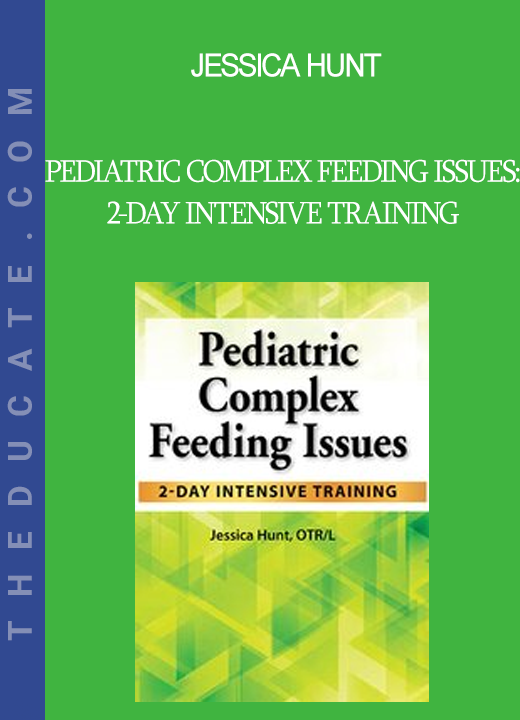
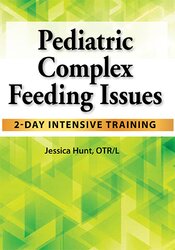

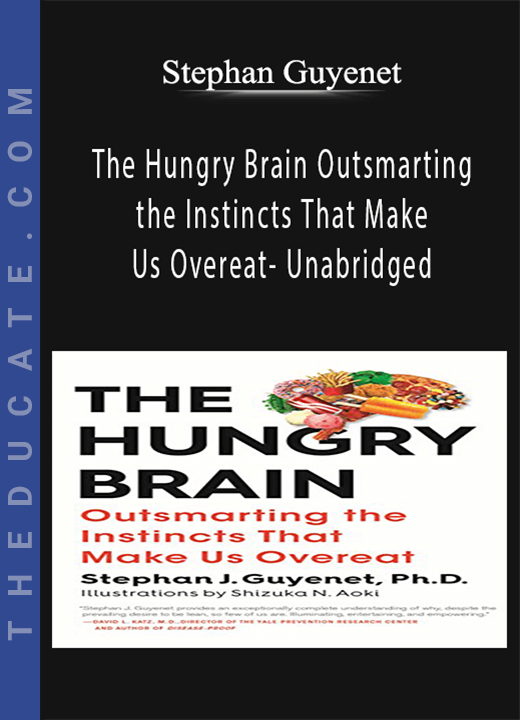
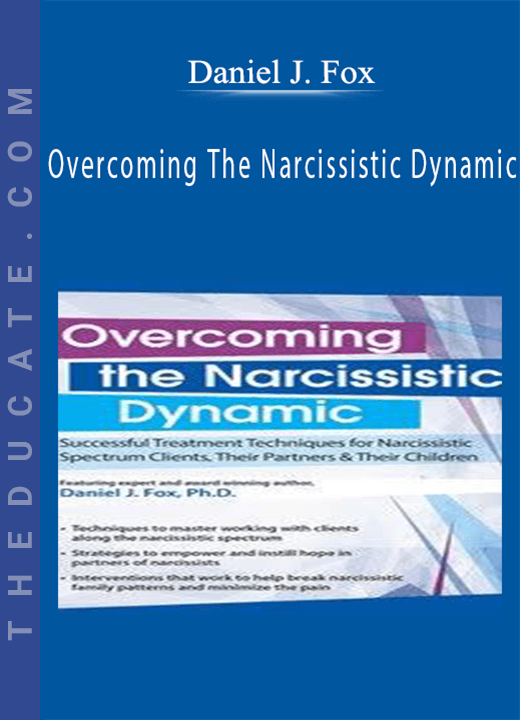
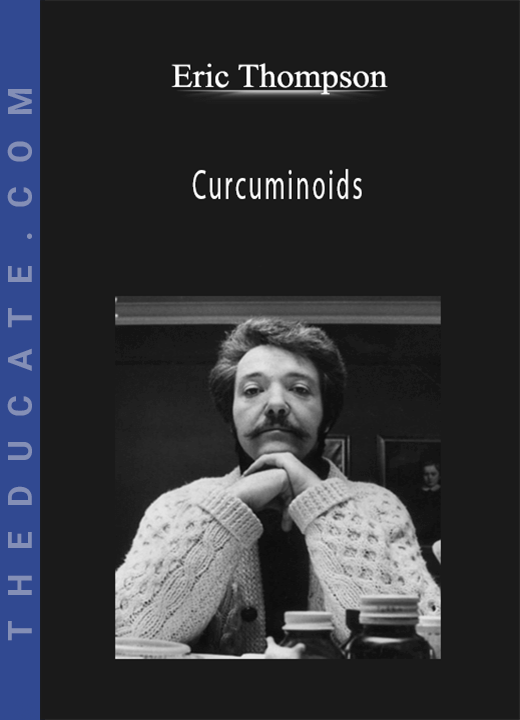
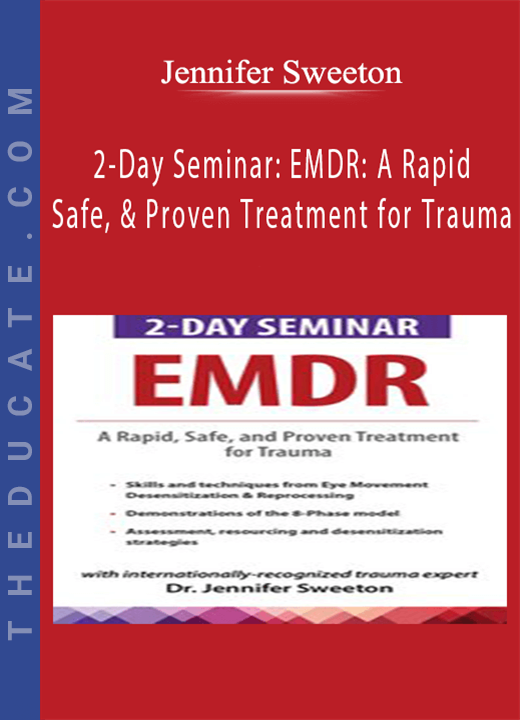
Reviews
There are no reviews yet.